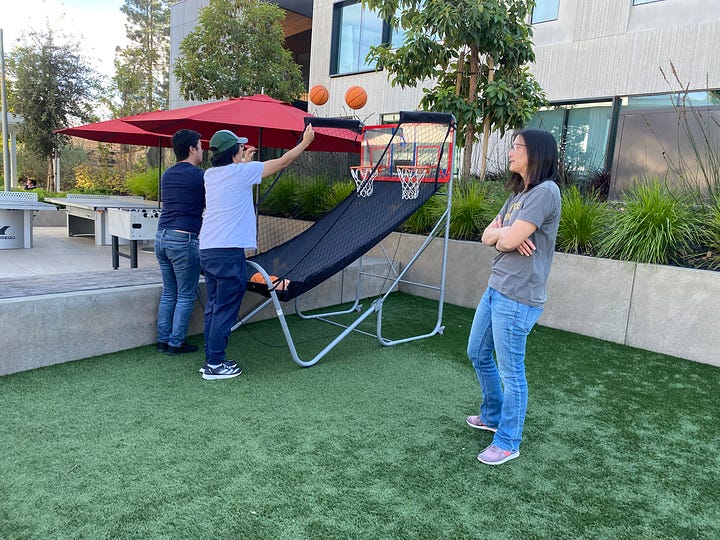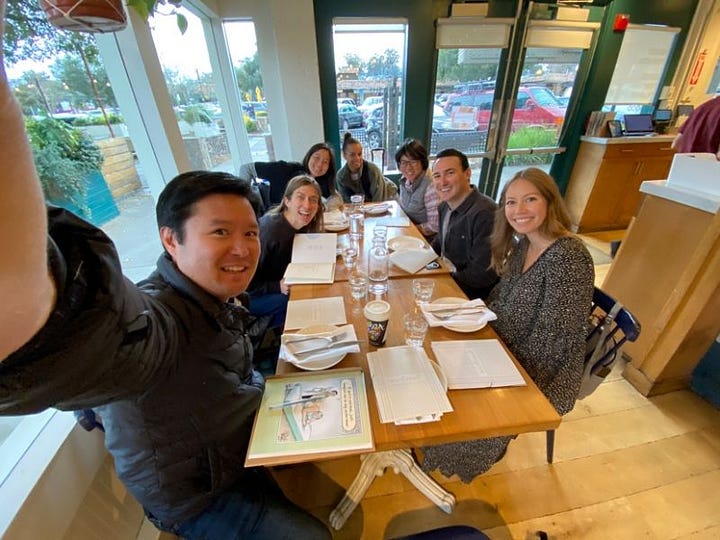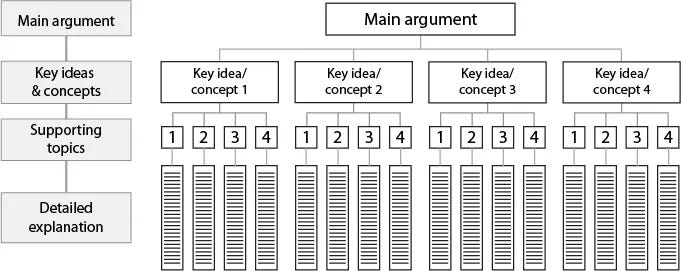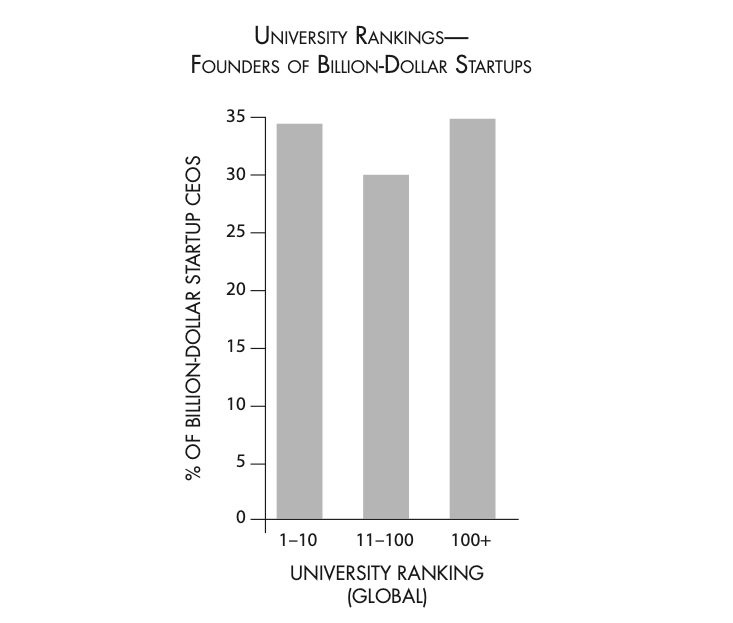start again today no. 88: the machine
books 2.0, frameworks, weird, pedigree, slow change, hotelling's law, Walmart
A couple of years ago, my teammate Brian recommended I read Principles by Ray Dalio.
Everything is a machine, he told me. Sometimes, you have to step outside of it to work on it.
Last week, I got to spend time with him, and a few other Hustle Fund team members to do just that.


One of the things I miss about in-person work is the opportunity to let ideas and conversations naturally stretch out over hours, days, or months, with serendipity inserted in between.
Starting a conversation, putting a pin on it. Going to dinner. Continuing the conversation. Sleeping on it. Resuming in the morning. Slow thinking is encouraged here.
We sequenced our offsite chronologically. What has happened, what is happening, what should happen next? In the market, in our portfolio, with the companies we’ve each invested in.
How do we improve the machine?
I’m starting by reflecting on my first 18 months in venture.
Focus on each task or case at hand and you will be stuck dealing with them one by one. Instead, build a machine by observing what you’re doing and why, extrapolating the relevant principles from the cases at hand, and systemizing that process. - Ray Dalio
What I read this week
💡 books 2.0 - Kyle Harrison, Contrary
Every book has an implicit meaning structure (e.g. what they're trying to say.) But they don't typically weave the sequential structure to map to the meaning structure very well. Metacognition is the act of attempting to make the author's implicit meaning explicit.
Books 2.0 becomes more about the reader than the book.
💡 frameworks v2 - Chris Paik, Pace Capital
A Swiss Army knife is very useful when you are space-constrained. It is less useful when you need a dedicated screwdriver to assemble a room full of furniture. Similarly, products with a generalized value proposition will inevitably be cannibalized by more specialized competitors. Convenience is the only defense generalized tools have against erosion by specialized tools.
💡 training the weird - Rebecca Kaden, USV
The success of the party isn’t driven by the guest count but the experience of each guest, even if some applications will both enable better social engagement over time and also be improved by it.
📊 pedigree bias in vc - Sergio Paluch, Beta Boom
Tamaseb found that alumni from universities that were not even in the top 100-ranked universities globally are just as likely to build a billion-dollar startup as those who graduated from a top-10 university.
💛 slow change can be radical change - Rebecca Solnit, Literary Hub
Most truths are like that, easy to hear or recite, hard to live in the sense that slowness is hard for most of us, requiring commitment, perseverance, and return after you stray. Because the job is not to know; it’s to become.
💡 hotelling’s law - Byrne Hobart, The Diff: Inflections in Finance and Tech
Consider a stretch of beach 100 feet long, running east to west. Beachgoers are positioned randomly on the beach. There are two hot dog vendors who are both selling to beachgoers. Where should they position their hot dog stands?
📚 made in America - Sam Walton
Of the top 100 discounters who were in business in 1976, 76 of them have disappeared. Many of these started with more capital and visibility than we did, in larger cities with much greater opportunities. They were bright stars for a moment, and then they faded.
I started thinking about what brought them down, and why we kept going. It all boils down to not taking care of their customers, not minding their stores, not having folks in their stores with good attitudes, and that was because they never really even tried to take care of their own people.

I see you, I love you, curb your enthusiasm,
H
cowork with me | reading list | no. 87 | 130 inclusive VCs






